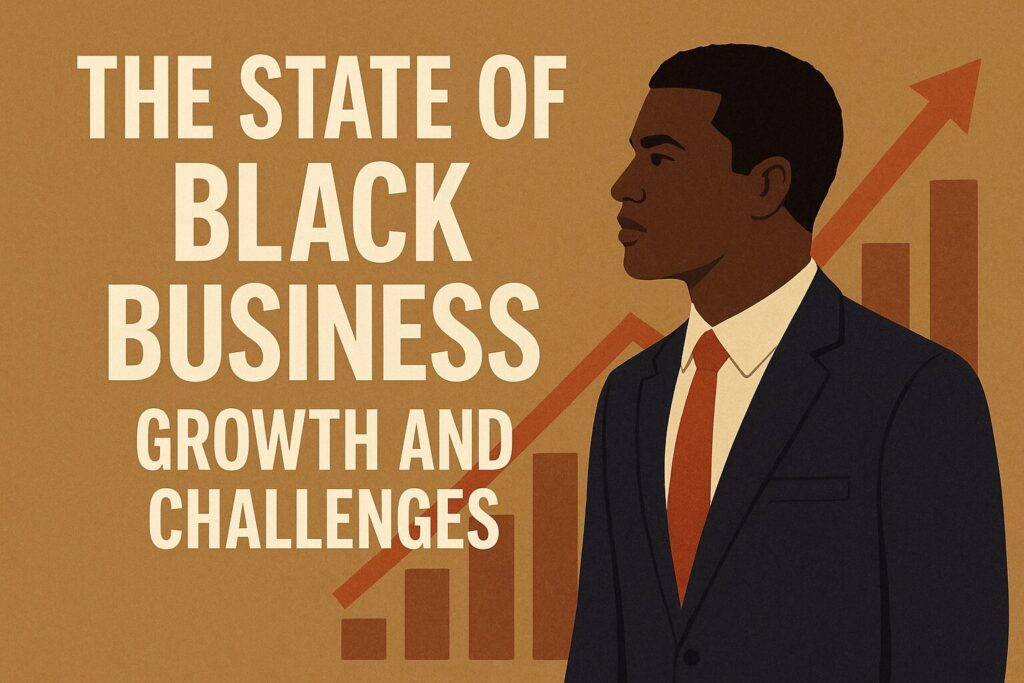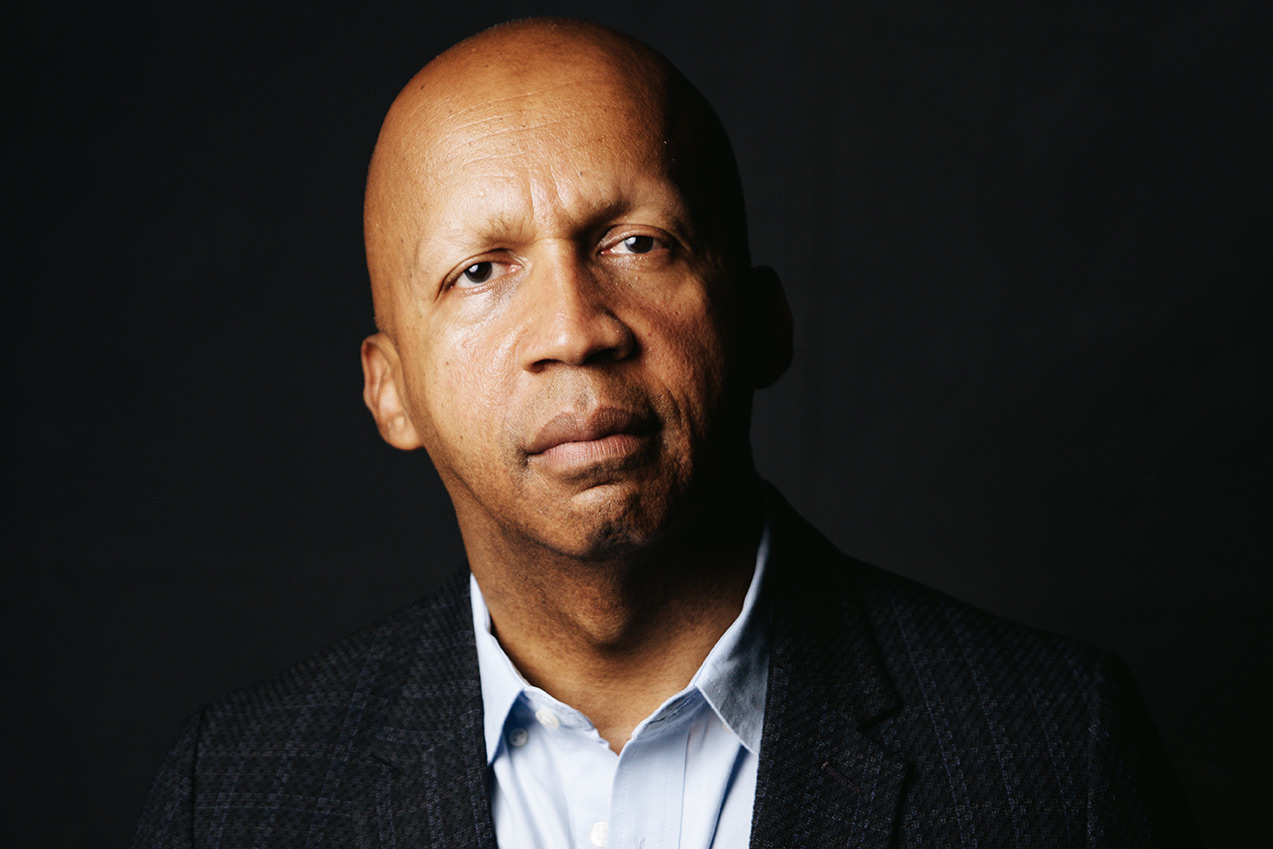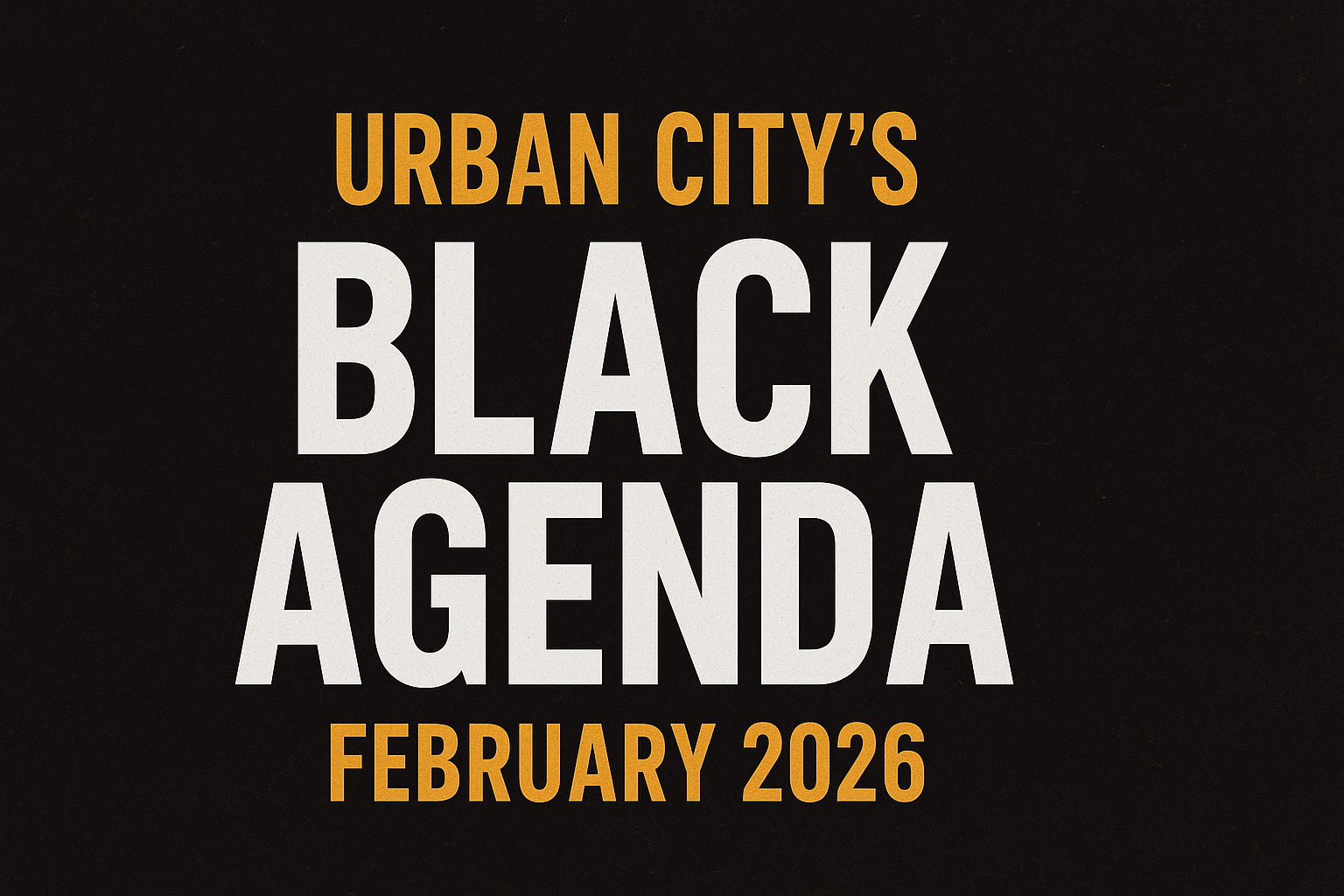A Surge in Entrepreneurship
Recent data indicates a period of strong growth for Black-owned businesses in the United States. The Annual Business Survey (ABS) recorded 161,031 such firms in 2021, and this number continued to rise, reaching 194,585 in 2022. This represents a nearly 57% increase in Black-owned employer businesses between 2017 and 2022, exceeding the growth rate of all U.S. businesses during the same period. The significant increase in the number of Black-owned businesses with employees is a positive sign for economic progress and job creation within Black communities.
Disproportionate Representation
Despite this encouraging growth, Black-owned businesses remain significantly underrepresented when compared to the percentage of Black Americans in the U.S. population. In 2021, Black-owned employer firms represented only 2.7% of all businesses with employees, while Black Americans accounted for 14.4% of the population. This disparity highlights the ongoing need to address systemic barriers that have historically limited opportunities for Black entrepreneurs to establish larger, more impactful businesses.
Breaking Down Barriers
Historically, Black entrepreneurs have encountered systemic barriers that have hindered their access to essential resources, such as capital and opportunities. These challenges include difficulty securing financing, facing higher interest rates, and being less likely to receive venture capital funding. Addressing these ingrained inequities is crucial to fostering a more equitable entrepreneurial landscape and ensuring that Black-owned businesses can thrive and reach their full potential.
Growth in Key Sectors
Several industries have seen notable growth in Black-owned businesses. The healthcare and social assistance sector has consistently represented the largest share of these businesses, making up nearly one-third of all Black-owned employer firms in 2021. Other significant industries for Black entrepreneurs include professional, scientific, and technical services; transportation and warehousing; and administrative and support services.
The Role of Black Women in Business Growth
Black women are playing a particularly significant role in driving the growth of Black-owned businesses. From 2017 to 2022, Black-female-owned employer businesses increased by over 70%, outpacing the growth rate of both Black-owned businesses overall and women-owned businesses. This demonstrates the entrepreneurial drive and resilience of Black women despite facing heightened barriers. However, disparities in business ownership between Black men and women still exist.
Economic Impact and Potential
Black-owned businesses are vital to the U.S. economy, generating billions in annual revenue and supporting millions of jobs. They contribute to the economic well-being of Black communities and stimulate local economies through job creation, reinvestment, and diversification of industries. Experts estimate that if Black business ownership matched population share, the U.S. economy could see significant increases in jobs and revenue.
Addressing the Capital Gap
Access to capital remains a significant challenge for Black entrepreneurs. Studies have shown that Black-owned businesses are more likely to be denied loans and face higher interest rates compared to their white counterparts. This disparity in access to funding can limit their ability to start, grow, and scale their businesses.
Support and Resources
Several organizations and government programs are working to address the challenges faced by Black entrepreneurs and promote their success. The Minority Business Development Agency (MBDA) provides grants and financial advice, while the Small Business Administration (SBA) offers loan programs and the 8(a) Business Development Program, which provides resources and contracts specifically for minority-owned businesses. Additionally, various grants and pitch competitions exist to provide financial assistance and mentorship opportunities.
Moving Forward
While the growth in Black-owned businesses is encouraging, achieving full parity with the U.S. population will require a sustained effort to dismantle systemic barriers and foster an inclusive economy. This includes addressing disparities in access to capital, promoting diverse supplier chains, and supporting policies that facilitate Black entrepreneurship.
A More Inclusive Future
The continued success of Black-owned businesses is not only crucial for the economic empowerment of Black communities but also for the overall strength and prosperity of the national economy. By recognizing the resilience and innovation of Black entrepreneurs and working collaboratively to create a more equitable landscape, the U.S. can unlock the full potential of these vital economic contributors and build a more inclusive and prosperous future for all.














